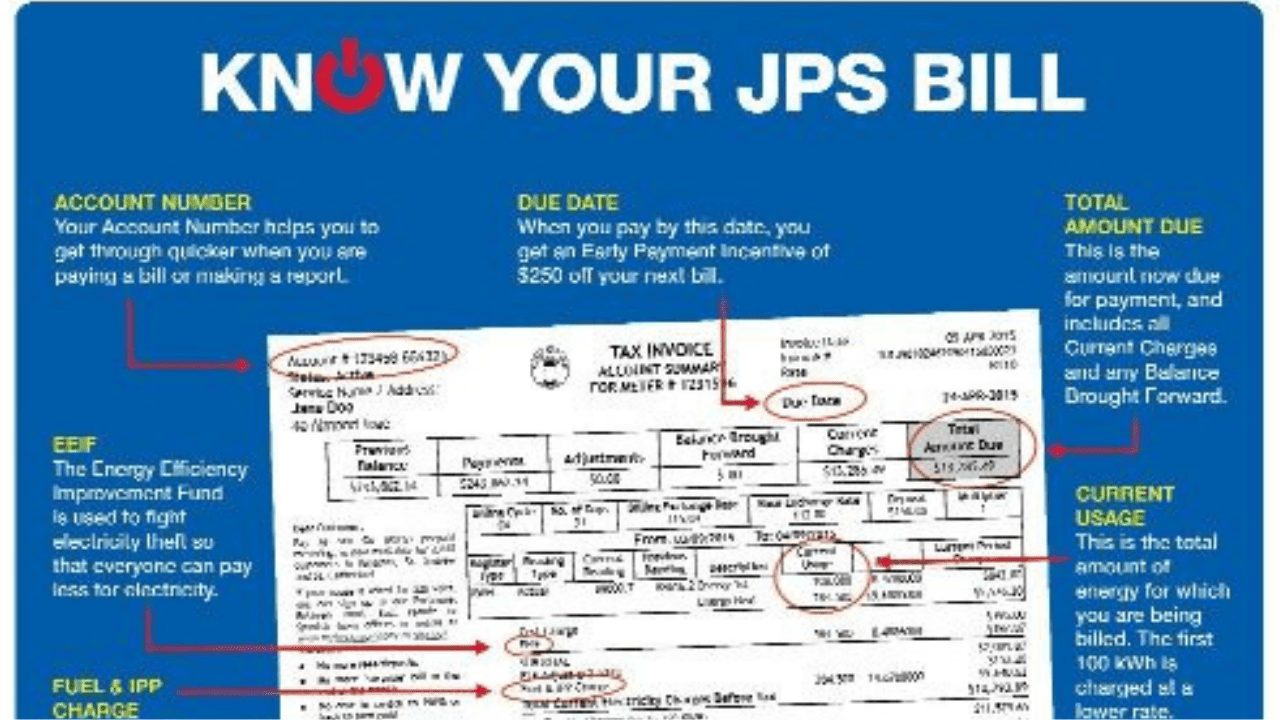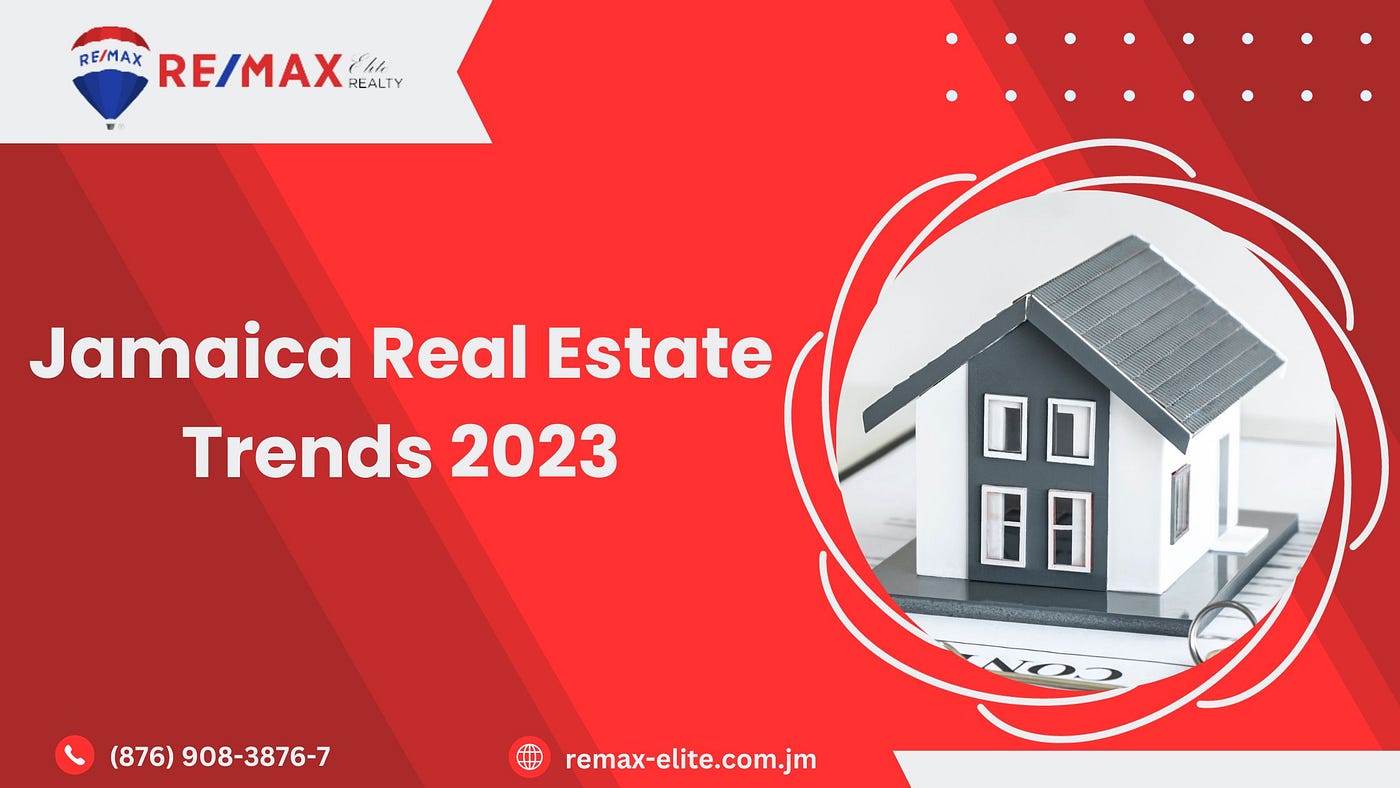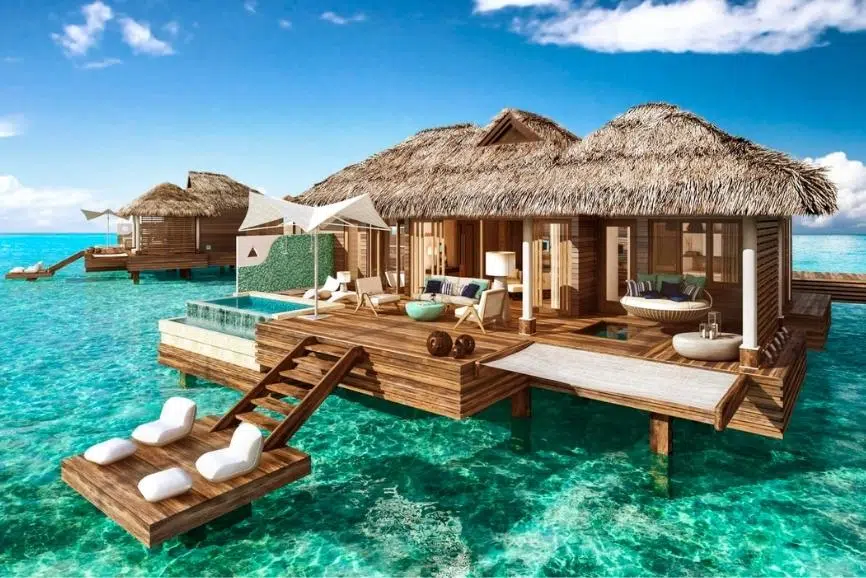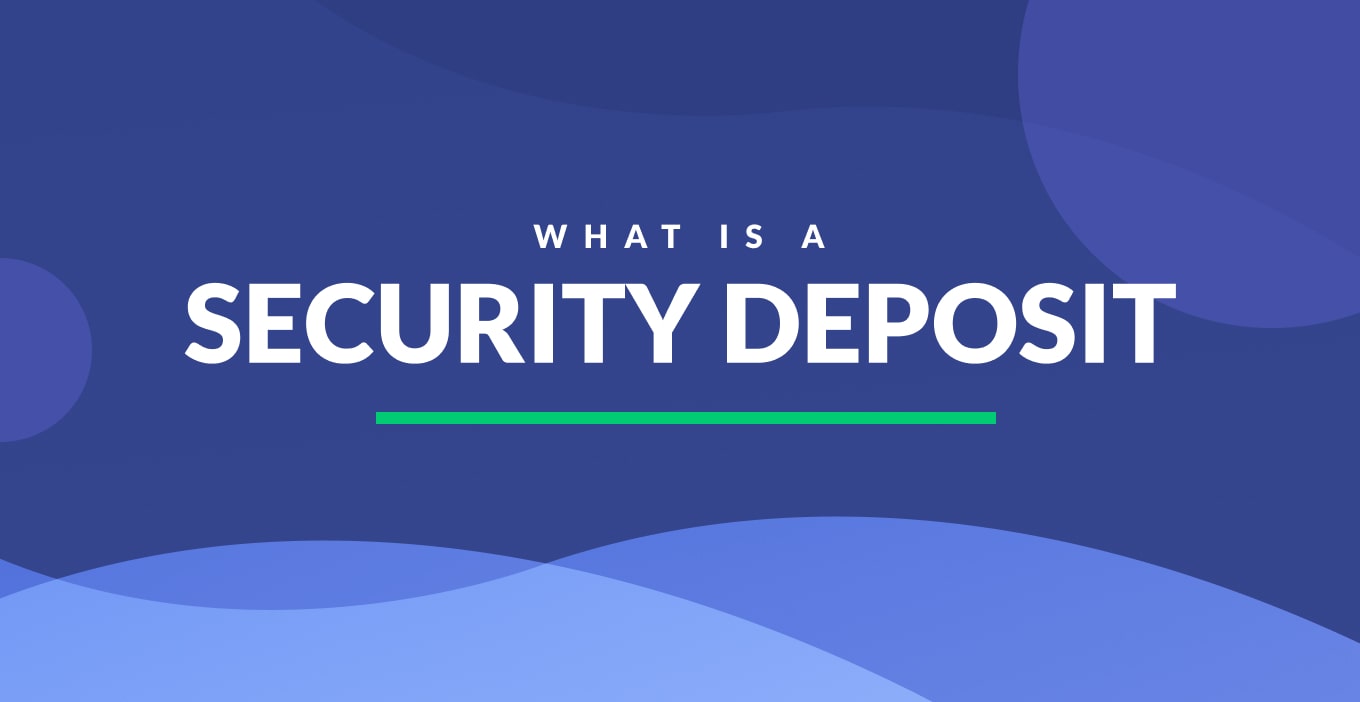
A Guide to Utilities and Bills in Jamaican Rentals
When renting a property in Jamaica, understanding how utilities and bills work is essential for budgeting and ensuring a smooth rental experience. This guide will help you navigate the various utilities and related expenses you'll likely encounter as a tenant.
1. Electricity (JPS - Jamaica Public Service)
Provider: Jamaica Public Service (JPS) is the main electricity provider in Jamaica.
- Billing: Electricity bills are typically issued monthly, based on meter readings. Tenants usually pay their own electricity bills, though in some cases, landlords may include this in the rent.
- Cost: Expect fluctuating costs depending on usage and the time of year. Air conditioning, water heaters, and other appliances can drive up costs, so energy efficiency is key to saving money.
- Tip: Ask if the property has solar panels, as this can significantly reduce electricity costs.
2. Water (NWC - National Water Commission)
Provider: The National Water Commission (NWC) supplies water to most properties in Jamaica.
- Billing: Water bills are typically issued monthly and are either included in the rent or paid separately by the tenant.
- Cost: Water costs are generally reasonable but can increase if there are leaks or high water usage. Some properties may have water tanks or rainwater harvesting systems to help manage supply.
- Tip: Confirm whether water usage is included in your rent or if you’ll be paying for it separately.
3. Internet and Cable
Providers: Main internet and cable providers in Jamaica include Flow and Digicel.
- Billing: Internet and cable packages are often separate and billed monthly. Many rental properties offer these services as part of the rent, but in some cases, tenants may need to arrange for their own services.
- Cost: Prices for internet vary depending on the package and speed. Average costs range from JMD $3,000 to $10,000 per month for reliable broadband service.
- Tip: Confirm the available internet speed in the area, as rural locations may have slower connections.
4. Cooking Gas
- Supply: Some properties use gas for cooking, either through a central gas system or individual gas cylinders. Cylinders can be purchased from various retailers or delivered.
- Cost: Gas costs vary based on usage, with a standard 25lb cylinder costing around JMD $3,500–$5,000. The frequency of refills will depend on how often you cook.
- Tip: Always check the condition of gas cylinders and verify delivery services for ease of refills.
5. Garbage Collection
Provider: Garbage collection is usually provided by the National Solid Waste Management Authority (NSWMA).
- Billing: This service is sometimes included in your rent or covered by municipal taxes. In rare cases, tenants may need to arrange private waste collection services.
- Cost: If it’s not included in rent, private waste collection services can cost around JMD $1,500–$2,500 monthly.
6. Telephone Service
Providers: Flow and Digicel also provide landline telephone services, though many renters opt for mobile phones instead.
- Billing: Landline services are billed monthly and can be bundled with internet and cable services to save costs.
- Tip: If you don't require a landline, mobile services from Digicel or Flow can be an easier option.
7. Security Systems
Optional Service: Some properties offer private security services such as alarm systems or gated community fees. These may be included in your rent or paid separately.
- Cost: Monthly fees for security systems range from JMD $3,000–$7,000 depending on the level of service and area.
- Tip: Clarify whether the landlord is responsible for security fees or if you need to make arrangements.
8. Air Conditioning & Other Amenities
- Air Conditioning: AC units, if available, can significantly increase electricity costs. If you live in warmer areas, ensure that you budget for these higher utility costs.
- Tip: Consider using fans to lower costs or asking the landlord about energy-efficient appliances.
9. Rental Agreement Clarifications
When signing your lease, make sure to discuss which utilities are included in the rent and which are not. Landlords may cover water and garbage collection, while you are responsible for electricity, internet, and gas.
By understanding the typical utilities and costs associated with renting in Jamaica, you’ll be better equipped to manage your budget and avoid any surprises. Always confirm utility arrangements with your landlord before signing your lease.



